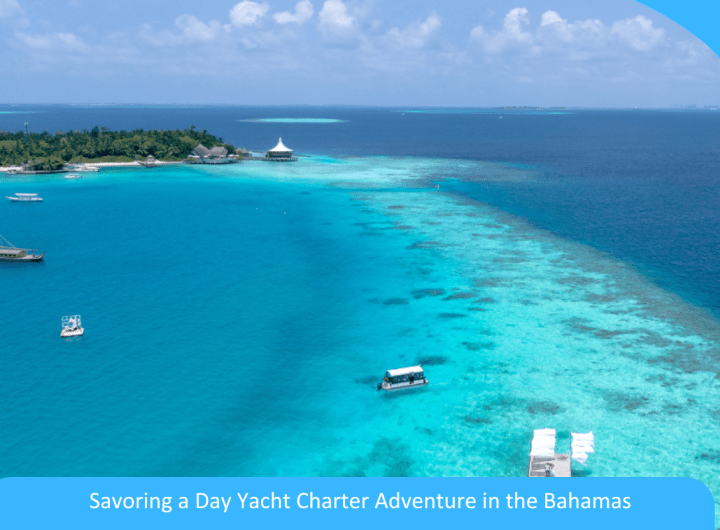

Globe leaders will satisfy at the UN in New York later on for more talks to help save the world’s oceans from overexploitation.
The UN Substantial Seas Treaty has been as a result of 10 years of negotiations but has however to be signed.
If agreed, it would put 30% of the world’s oceans into conservation areas by 2030.
Campaigners hope it will defend marine lifetime from overfishing and other human functions.
Two-thirds of the world’s oceans are presently regarded international waters, which imply all nations around the world have a right to fish, ship and do research there. But only 1.2% of these significant seas, as they are referred to, are secured.
This leaves the marine lifestyle living there at hazard of exploitation from the expanding threats of local climate change, overfishing and transport site visitors.
And with ecosystems in the superior seas inadequately documented, there is issue amongst conservationists that creatures could turn out to be extinct right before they are found out.
Investigation posted before this yr, and funded by the National Oceanic and Atmospheric Administration, suggests that involving 10% and 15% of maritime species are already at hazard of extinction.
The Global Union for the Conservation of Nature (IUCN) has mentioned at past negotiations that the “traditional fragmented nature of ocean governance” has prevented the successful safety of the significant seas.

The treaty would put components of the world’s oceans into a network of Maritime Shielded Spots. Environmental effects assessments would be carried out in advance of making it possible for commercial things to do like deep-sea mining to go ahead.
Deep-sea mining is when minerals are taken from the sea mattress that is 200m or more beneath the area. These minerals incorporate cobalt which is employed for electronics, but the system could also be harmful for maritime lifestyle, according to the IUCN.
As of March 2022, the Worldwide Seabed Authority, which regulates these pursuits, experienced issued 31 contracts to examine the deep sea for minerals.
Nations are also hunting to incorporate actions in the treaty that give acquiring and landlocked nations extra equivalent obtain to Maritime Genetic Sources (MGR).
MGR are biological substance from vegetation and animals in the ocean that can have benefits for society these types of as prescription drugs, industrial procedures and foodstuff.
But development has been gradual because of to Covid-19 preventing countries meeting. Disagreement in excess of what really should be integrated in the lawful treaty also delayed it.
Some nations these as Russia and Iceland want fisheries to be excluded.
In March, countries agreed to have a final fifth session to check out and signal the Treaty – with a deadline established for the stop of the 12 months.
Must this not come about, an EU spokesperson informed the BBC it was continue to dedicated to the problem: “The EU will insist on the swift continuation of the negotiations.”
“Action is necessary to make sure the conservation and the sustainable use of the Ocean for current and potential generations,” they added.
At the close of the last round of failed negotiations, meeting president Rena Lee mentioned: “I believe that with continued dedication, dedication and commitment, we will be in a position to construct bridges and close the remaining gaps.”
Protecting the world’s oceans is also vital for human populations as so lots of individuals count on the seas for foodstuff, money and leisure actions.
It is believed that world wide marine ecosystems are really worth far more than £41 trillion, according to researchers at Plymouth Marine Laboratory.


 Savoring a Day Yacht Charter Adventure in the Bahamas
Savoring a Day Yacht Charter Adventure in the Bahamas  Adventure Travel: Exploring the Unknown
Adventure Travel: Exploring the Unknown  Travel the World: Your Ultimate Guide
Travel the World: Your Ultimate Guide  Great Allegheny Passage Bike Ride
Great Allegheny Passage Bike Ride  How to Build a Habitable Cabin with Lumber and Tiedown Straps
How to Build a Habitable Cabin with Lumber and Tiedown Straps